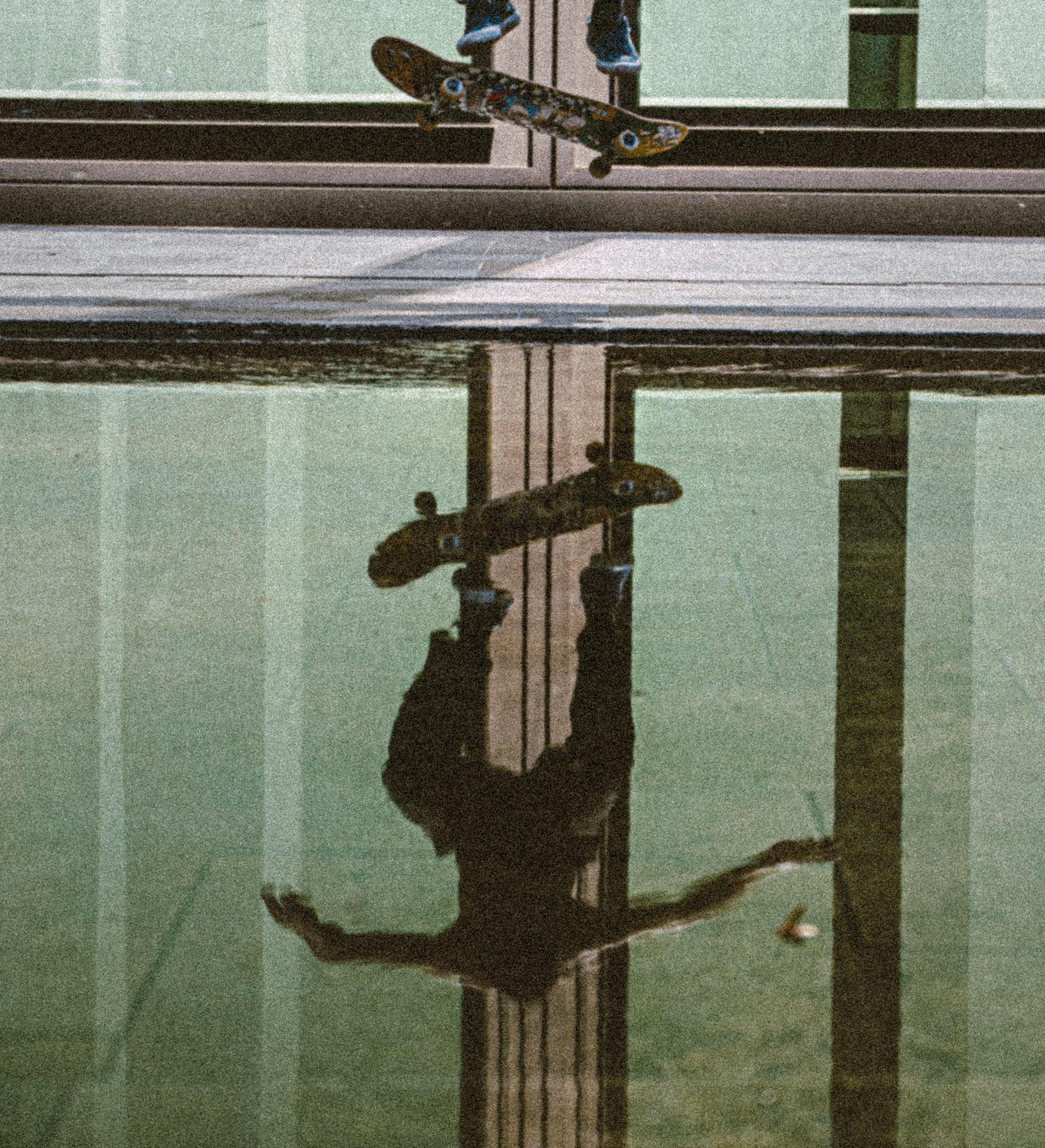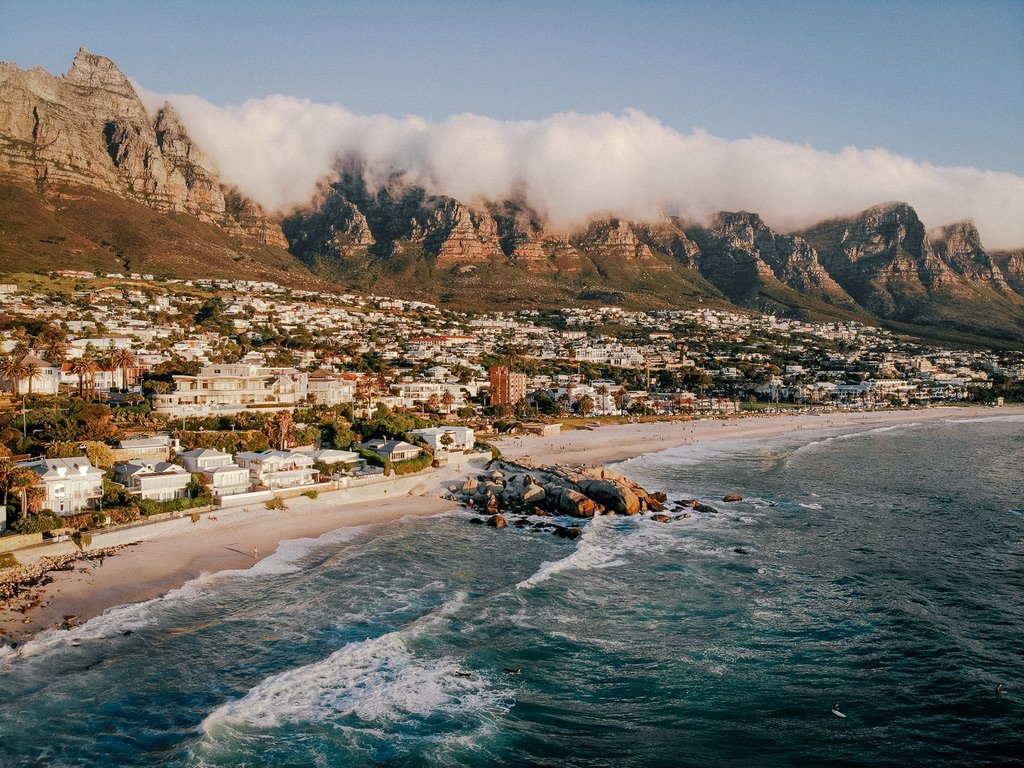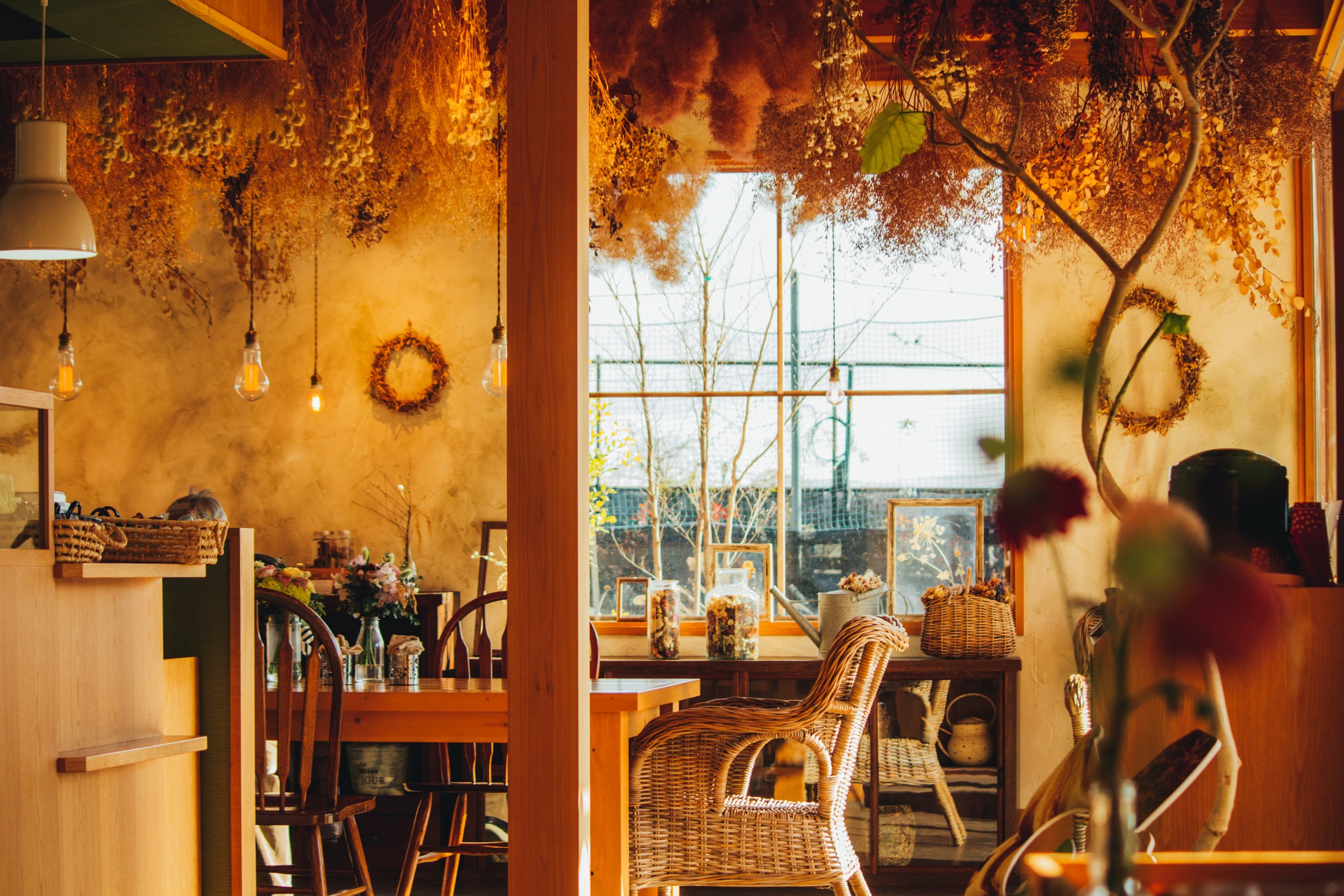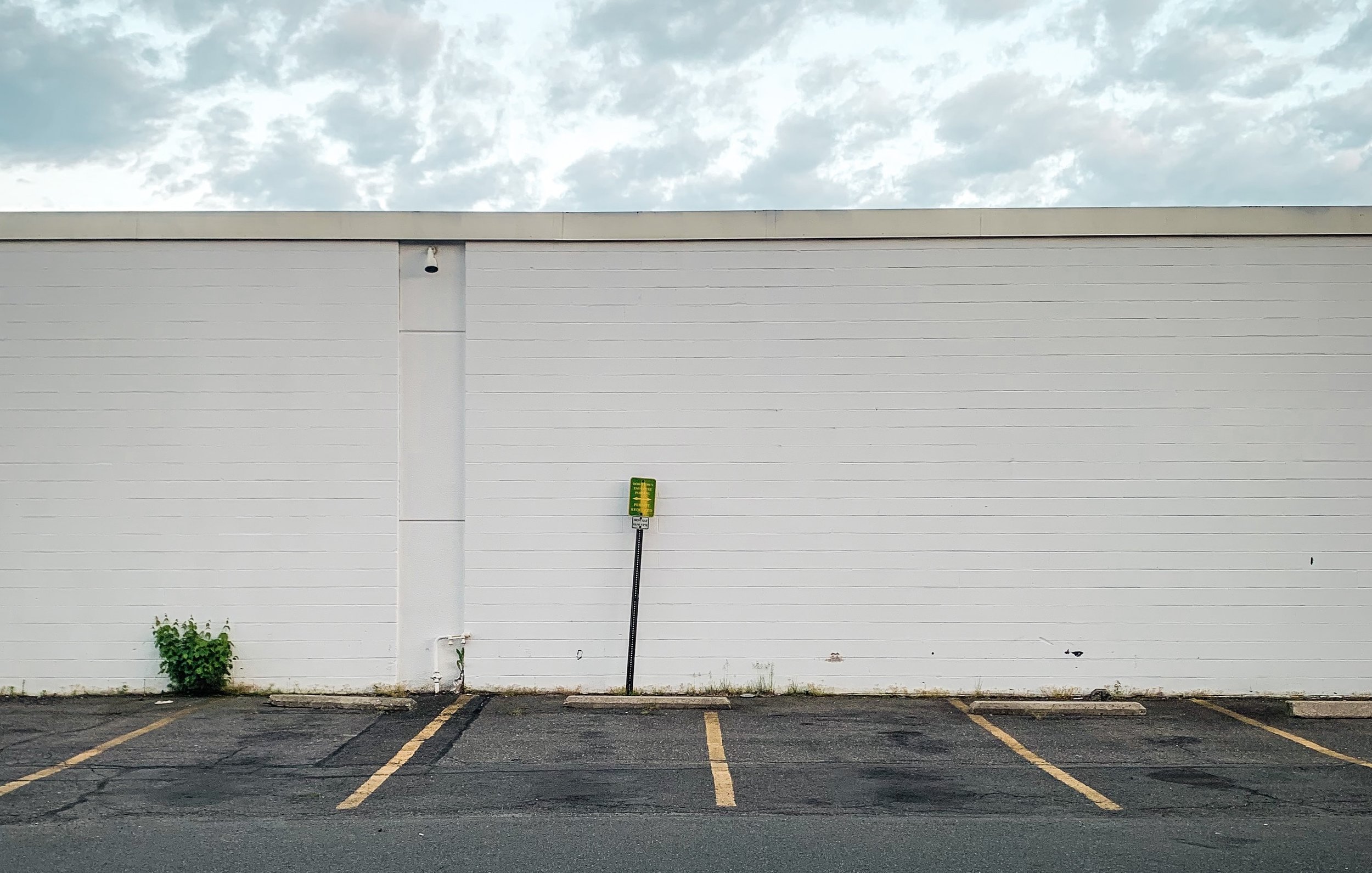To the Man Who Spoke With His Hands

It was 10 p.m. when you walked into the dimly-lit crew bar. The wooden door with a dust-streaked porthole in the middle creaked, and then swung back violently behind you. You were new; I hadn’t seen you around the Allegra before.
I was on my own as usual, practicing an after work ritual that kept me sane for the past eight months: Jaegermeister on the rocks in one hand and a book in another. In four days, I’d leave the ship and be truly free.
Around me were crew members in groups, cracking roasted peanuts and jokes with their fellow countrymen or their immediate colleagues. I had neither; I was a free roving agent with too much time and not enough work. Without default cliques to fall back on, a vibrant social life proved to be a struggle. With the other Asian crew, I was mostly a perplexing subject to be gossiped about. My tapering eyes and round face are Asian enough but my ideas aren’t. Failing to find common ground, they too kept their distance. The Chinese crew only slapped each other with amusement when they knew I could speak Mandarin but reading the characters eluded me. “What a strange one,” they muttered.
When you took a seat next to me, I’d wanted to ask you a question that had been plaguing me, yet I’d no one to ask: how could one feel lonely, despite working and living with 350 others in a 28,500 ton floating hotel? You with your disheveled darker-than-night hair and silver sideburns, clad in grease-stained white overalls told me you’d know the answer. Ciao, you bellowed, deep dimples appeared at the ends of your smile.
I watched you take the glass of iced Campari soda from the Filipino bar boy across the counter and brought it to your lips greedily. A drop of the shocking pink dribbled down your stubble. You wiped it away with your tanned calloused hand and grinned, like a boy caught eating cookies that he shouldn’t.
You deserved it, you said. The four hour watch on your first day aboard the MV Costa Allegra was hell. Newer Costa ships were easier to deal with. A flick of a switch here, a press of button there–all fixed, you mimed. Older ones like the Allegra still required engineers to coax the machinery to work while on their knees with their hands. But hey, smaller ones have all the charm, you said, laughing. But I didn’t think the Allegra was charming; I wanted to get the fuck out.
“You know... the Allegra...before….is a...come si dice… a–a–” you looked up to the ceiling, reaching for an English word that was out of your grasp. Frustrated, you asked the bar boy for a piece of napkin and using a ballpen that you unclipped from the pocket of your overalls, you traced out an outline of a ship carrying boxes.
“A container ship?” I prompted. Jaegermeister had made me bold, my tongue loose.
“Brava, container ship-pe.” Your Italian tongue–not used to consonants at the end of a word–needed the additional vowel so that you could pronounce it.
I was pleased the first question you asked wasn’t where I was from. Social interactions on board usually started from there and then go nowhere. No one has ever asked me beyond what I wanted for lunch. You were an aberrant to my neat conclusion that language and sex were the only obstacles to friendship on board. On the first month of my contract, I’d learned that guys who talked to me only wanted to share my bed (or theirs). Italian men wanted to teach me the international language of Amore. When I declined, their brioche stopped appearing on my work desk and the hellos no longer heard.
Slowly and patiently, you coaxed little secrets out of my heart. You were curious and I was happy to oblige.
You were 42 years old but you didn’t look a day past 35. I was 25, naive and restless, my first contract as a crew lecturer on Costa. It was your fifth. You’d never met a crew lecturer, you said. What exactly was it I do? I teach the crew English, I said. Ah, an English maestra, you boomed. Next time, you must teach me English.
You were the first I told that I’d wanted to write a book. Perché no? You said you’d want to read it. You were the first who wasn’t surprised when I confessed that I’d wanted to travel further after this contract, that I’d wanted to fling myself to obscure nooks around the world. Most would have just looked appalled. “Isn’t this already traveling?” they’d ask. You knew exactly what I meant when I told you stopping by a few hours at a port didn’t mean shit. Zingara, you pointed a finger at me. A gypsy. In return, with your eyes, glittering like a reflection of stars upon the ocean at midnight, you said you’d like to do the same. Motorbike around Greece in early September. Like The Motorcycle Diaries, we chimed together. Your face crinkled into a warm smile.
Where exactly in Italy are you from, I asked. You drew a pizza-like shape on the napkin and said Sicily. Slowly, you started telling me about the love for your family, your dogs. You said you had a sister who was a Buddhist, a backpacker and a voracious reader–like me.
With our hands and snatches of several well-worn Italian verbs and adjectives that I’d learned from my time on the Allegra, I could surprisingly understand what you were trying to say and you, me. After staying silent for so long, I was now gushing like a broken dam. As the Allegra knifed through the South China Sea in charcoal darkness, our easy banter continued well into the witching hour.
It’s almost a decade since that night. The irony is, I still find myself in the same conundrum: alone in a sea of non-English speakers, craving for a sense of belonging. I now live in a quiet village in East Germany, where people stare at me without comprehension when I try to communicate with them in my husband’s mother tongue. Here, wild hand gestures don’t help.
The Italian language and all those years working on Italian cruise ships are now dusty souvenirs–one of the many that I’d collected in my gypsy heyday–one that I’m possessive of. I often find myself going through the archive of those days and pull out a memory that reminded me that, if I could survive the crazy then, surely I could survive now.
Did you know that, before I adopted the German language, I’d once mastered Italian? I’d often wondered, how would it be, now that I could speak your native tongue. What would we talk about? Perhaps about the book that I’d finally mustered the courage to write just this year? Or about how committed I was to my wanderlust dreams, traveling to more than 60 countries since then?
Perhaps it would be of no consequence. After all, what brewed that night between us in the crew bar needed no common language.
ABOUT THE AUTHOR
Ying Reinhardt is a Malaysian writer based in Germany. Her writing has appeared on Roads & Kingdoms, BootsnAll, Traveloka and Marie Claire. She is currently working on a memoir of her time on board Costa cruise ships. Find her at www.tinywanderer.com
Header photo by Kunal Mukherjee










